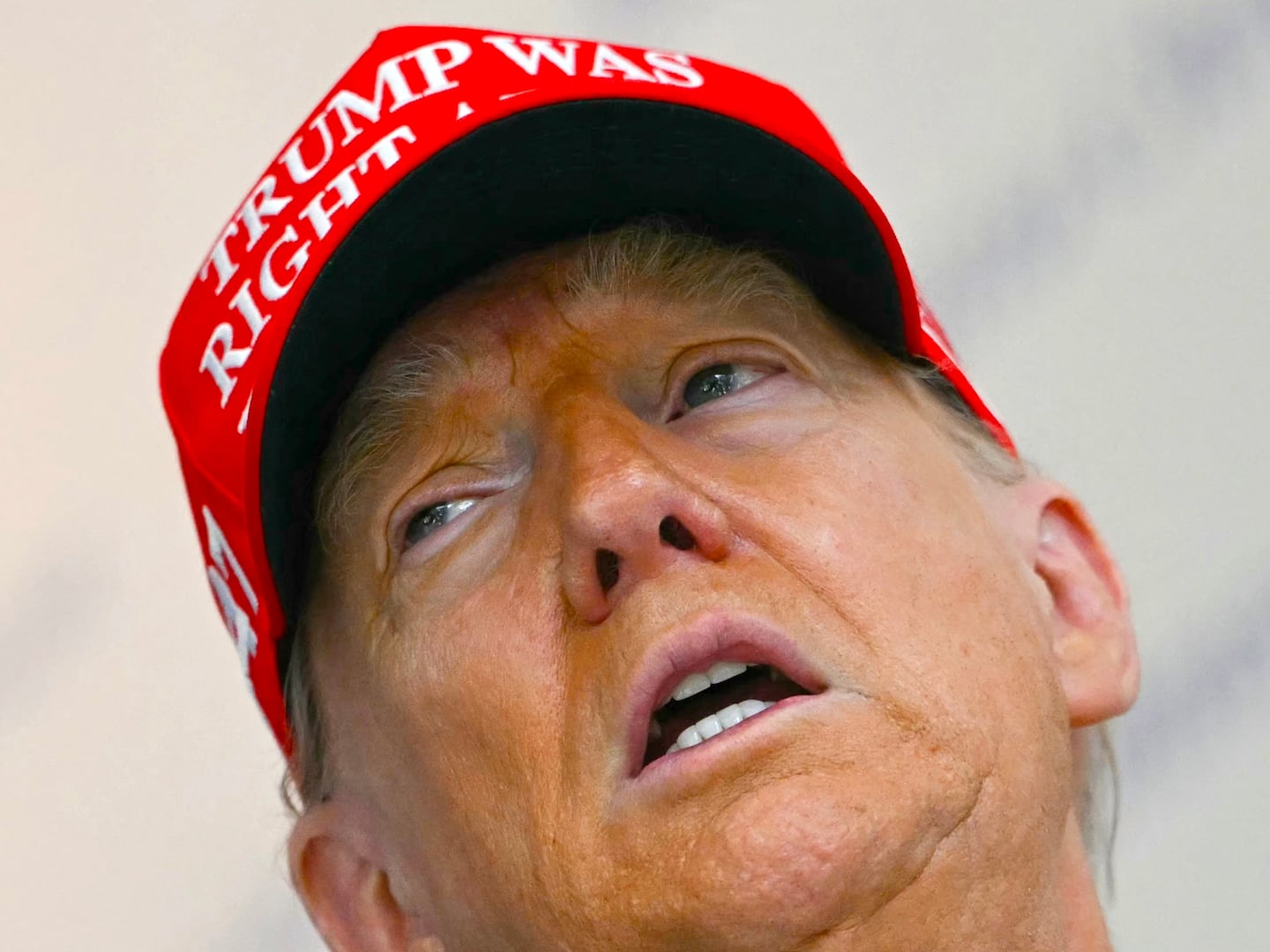
Despite President Obama’s speech that predicted “more job loss, more foreclosures, and more pain” before the recession ends, the stocks of the big financial companies have been on a roll over the past month as the firms have announced a return to profitability after more than a year of massive losses and a prevailing wisdom that the banking system is off life support sweeps Wall Street executive suites, and the time for healing has begun.
But even if the banking crisis is over, and short sellers have moved on to new targets, and what’s left of Wall Street repays the federal bailout money (as Goldman Sachs has vowed to do), the financial-services industry is far from recovered. In fact, it is still facing a massive and uphill fight to produce profits even half as large as those that investors have gotten used to before the crisis began, and for some, an equally bitter battle to stay alive.
Will the Street ever return to the level of profitability cranked out before the financial crisis? No.
That’s the assessment in a new research report produced by the IBM Institute for Business Value, which bills itself as an independent think tank for Big Blue. I’ve always known IBM as a company myopically focused on information technology (full disclosure: I interned at IBM as a college student). No longer. The company now focuses on consulting—the corporate term for getting paid a fee to inform corporate executives on how to better manage their business.
The report hasn’t been formally released, but I caught a glimpse of its findings at the Investorside Research Conference last week in New York during a presentation by one of the report’s authors, Suzanne Duncan. The conference, which I spoke at, is essentially a gathering of those who practice the art of “independent research,” which is a misnomer because financial research is never truly independent. Someone is always paying the piper, though what sets these research professionals apart is that unlike the big Wall Street firms, their research isn’t tied to investment-banking deals—the conflict of interest Eliot Spitzer uncovered at Merrill Lynch and Citigroup, which led to massive losses among small investors who purchased Internet stocks based on research they thought was unbiased, when in fact it was.
In recent years, IBM has developed a large client base among the big financial firms. So the firm thought it would put its Rolodex to work and conducted a study of the world’s largest financial corporations by talking to a lot of people (top executives and government officials at the Treasury and the Fed) and raising a couple of simple questions, namely: Will the Street ever return to the level of profitability cranked out before the financial crisis?
The short answer is no, not by a long shot. That answer is interesting not just because it was provided by the banks themselves but for what it means for people who work or want to work in the financial business, as well as all those state and local governments that have feasted off Wall Street’s profit machine for tax revenue, and will be getting a lot less of them in the future.
Since 2002, the study shows, banks' average return on equity—a measurement of profitability for shareholders—hit its peak on a global basis at around 20 percent sometime in 2006. (Duncan tells me that the level is significantly higher, close to 30 percent, when just U.S. financial institutions are concerned.) But Duncan says those levels are long gone, at least according to majority of the Wall Street and banking executives surveyed.
“They told us they would be lucky to achieve half of that,” Duncan told me in an interview. And this isn’t a short-term prognostication. What’s so scary about the predictions of lower profits is that it’s a long-range estimate—it’s the level of profits the Wall Street firms and banks are expecting when the banking crisis passes, when the writedowns of losses from bad bets on real-estate debt are over. In short, when Wall Street starts making money again, there will be a lot less of it.
What does that mean for Wall Street employment? The study didn’t specifically say, but Duncan said that it’s fair to conclude that there will be a lot less of it even as the industry recovers. The reason: There’s simply not enough business to go around.
In fact, there hasn’t been enough for years. Duncan says that since 1994, return on equity has been relatively flat, primarily because fees for investment-banking deals, trading commissions, and brokerage earnings have been compressed in recent years amid increased competition.
To maintain relatively healthy levels of ROE, the firms had to roll the dice, taking massive trading risks, essentially holding bonds tied to commercial and residential real estate—all those CDOs, CMOs and mortgage-backed derivatives you keep hearing about—on their books, and earning the higher yields those bonds throw off to make up the difference. Duncan’s analysis shows that the standard Wall Street measurement of risk known as VAR, or value at risk, actually shows declining levels of risk while the risk-taking grew beyond all proportions.
“The firms were making buckets of money so [they] didn’t change the risk measurement which was created before the sophistication grew to immense proportions,” Duncan said. “VAR couldn’t really pick up the increased level of risk.”
Everything worked out fine before the real-estate crisis. Profits exploded and the firms’ CEOs—people like Merrill chief Stan O’Neal and Lloyd Blankfein of Goldman Sachs—received tens of millions of dollars in compensation in 2006 at the height of the profit and risk-taking.
But when the crisis hit, those bonds began to falter; the firms had to mark down their value, sometimes at just a small fraction of their original cost, and such massive losses mounted that three firms—Lehman Brothers, Bear Stearns, and Merrill Lynch—imploded, while the rest teetered on the edge of insolvency. With the Feds regulating Wall Street and Wall Street transforming itself into deposit-seeking banks and cutting back drastically on trading and the use of leverage or borrowing to make money, Duncan says, there won’t be that type of risk-taking, so the chances of a repeat of the recent disaster anytime soon are slim.
There will also be lower profits; much lower, as firms like Goldman, Morgan, Citigroup and the rest fight over the crumbs of investment-banking deals and trading for clients, which have seen their fees and commissions shrink since at least 1980—the reason Wall Street embraced risk in the first place.
Is there any room for the new financial-services industry to grow? “Of course there is,” Duncan tells me. “There are emerging new markets such as those in China.” Duncan adds that her survey of several thousand clients shows average investors want “unbiased” advice, something Wall Street has had a difficult time with in recent years, though it’s definitely a place where Wall Street can grow.
But even then, the pickings will be slim. “While there’s room to grow, there are too many organizations and too many people chasing the same stuff.” In some ways, Duncan says, Wall Street of the future will look like a “utility” in that it will be highly regulated, and its profits may be less volatile, but also a lot less than it had been in the past.
Which brings me to something I’ve been thinking a lot about lately since I live in New York: For years, New York state and New York City governments, some of the most socialist enterprises in the country, have feasted on revenue from the big Wall Street firms, bragged about the tax revenue Wall Street produced during the boom years and all the social programs that revenue paid for. Our governor, David Paterson, and the state legislature have now agreed on massive new tax increases to cover shortfalls in the state budget because of lower tax revenue from Wall Street. If Duncan’s analysis is right, and those Wall Street revenue shortfalls are just beginning, Paterson & Co. are just getting warmed up.
Charles Gasparino is CNBC's On-Air Editor and appears as a daily member of CNBC's ensemble. He is a columnist for The Daily Beast and a frequent contributor to the New York Post, Forbes, and other publications. His forthcoming book about the financial crisis, The Sellout, is scheduled to be published later in 2009.






